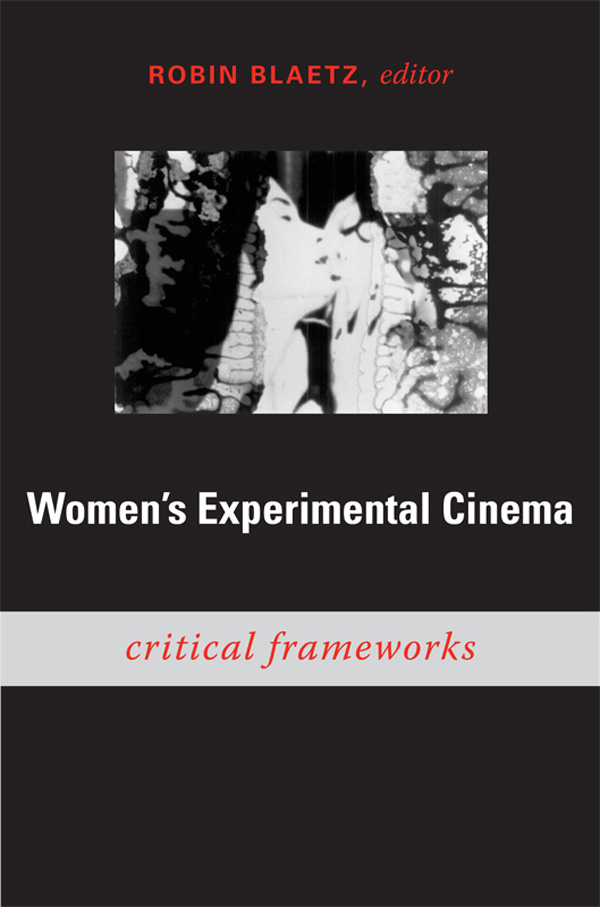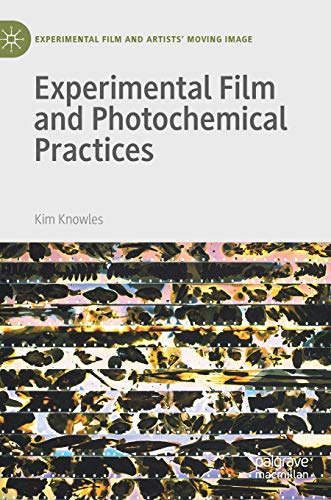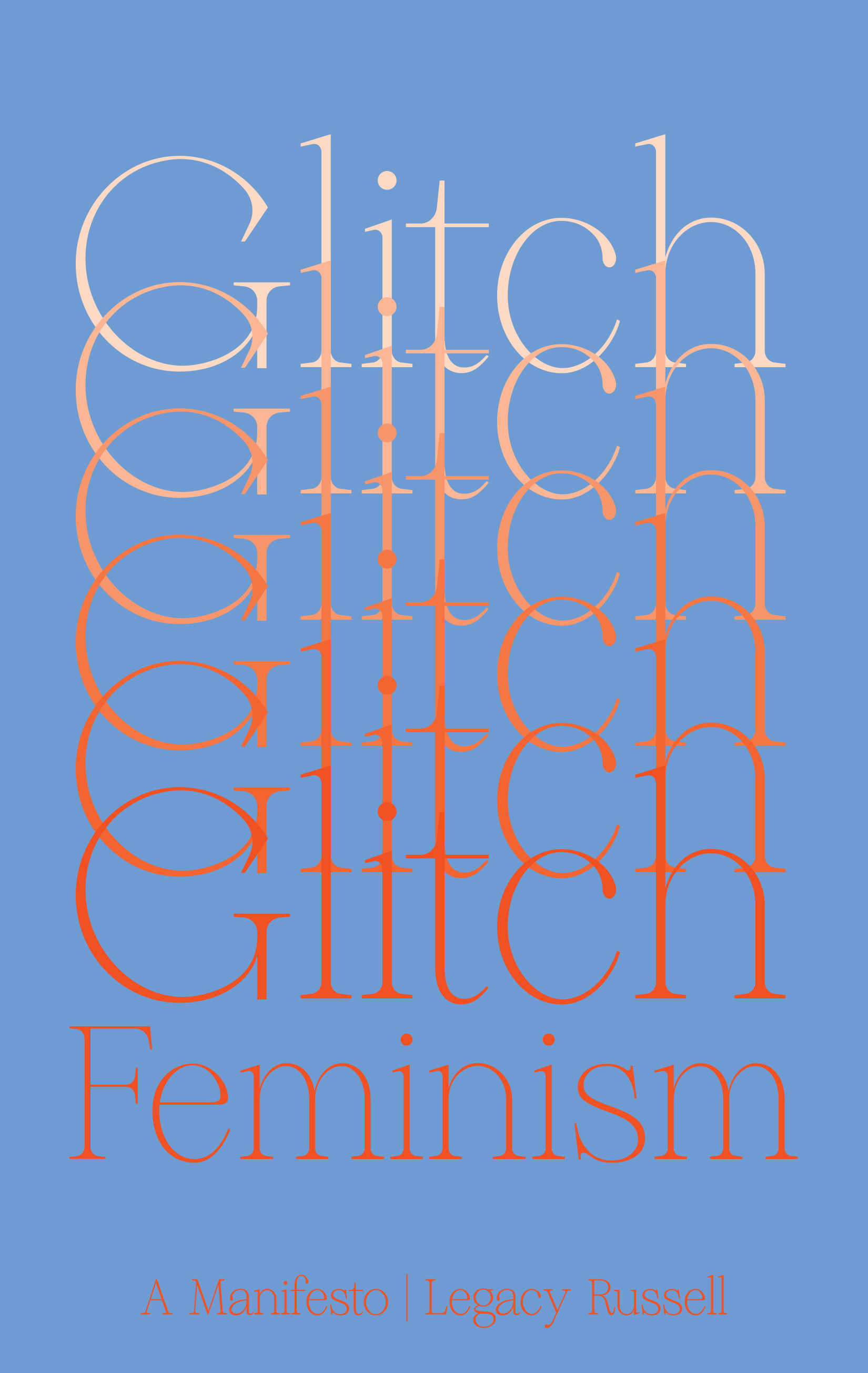Robin Blaetz (ed.): Women’s Experimental Cinema: Critical Frameworks (2007)
Filed under book | Tags: · avant-garde, body, cinema, experimental film, feminism, film, film criticism, film history, women

“Women’s Experimental Cinema provides lively introductions to the work of fifteen avant-garde women filmmakers, some of whom worked as early as the 1950s and many of whom are still working today. In each essay in this collection, a leading film scholar considers a single filmmaker, supplying biographical information, analyzing various influences on her work, examining the development of her corpus, and interpreting a significant number of individual films. The essays rescue the work of critically neglected but influential women filmmakers for teaching, further study, and, hopefully, restoration and preservation. Just as importantly, they enrich the understanding of feminism in cinema and expand the terrain of film history.
The contributors examine the work of Marie Menken, Joyce Wieland, Gunvor Nelson, Yvonne Rainer, Carolee Schneemann, Barbara Rubin, Amy Greenfield, Barbara Hammer, Chick Strand, Marjorie Keller, Leslie Thornton, Abigail Child, Peggy Ahwesh, Su Friedrich, and Cheryl Dunye. The essays highlight the diversity in these filmmakers’ forms and methods, covering topics such as how Menken used film as a way to rethink the transition from abstract expressionism to Pop Art in the 1950s and 1960s, how Rubin both objectified the body and investigated the filmic apparatus that enabled that objectification in her film Christmas on Earth (1963), and how Dunye uses film to explore her own identity as a black lesbian artist. At the same time, the essays reveal commonalities, including a tendency toward documentary rather than fiction and a commitment to nonhierarchical, collaborative production practices. The volume’s final essay focuses explicitly on teaching women’s experimental films, addressing logistical concerns (how to acquire the films and secure proper viewing spaces) and extending the range of the book by suggesting alternative films for classroom use.”
Contributors: Paul Arthur, Robin Blaetz, Noël Carroll, Janet Cutler, Mary Ann Doane, Robert A. Haller, Chris Holmlund, Chuck Kleinhans, Scott MacDonald, Kathleen McHugh, Ara Osterweil, Maria Pramaggiore, Melissa Ragona, Kathryn Ramey, M. M. Serra, Maureen Turim, William C. Wees.
Publisher Duke University Press, Durham, NC, 2007
Open access
ISBN 9780822340232, 0822340232
viii+421 pages
Reviews: Harriet Margolis (NWSA Journal, 2009), Beth Hutchison (Signs, 2009), Gwendolyn Audrey Foster (Quarterly Review of Film and Video, 2011), Jan-Christopher Horak (Screening the Past, 2008), David Sterritt (Cineaste, 2008), Phoebe Hart (M/C Reviews, 2008).
Comment (0)Kim Knowles: Experimental Film and Photochemical Practices (2020)
Filed under book | Tags: · body, colour, expanded cinema, experimental film, film, film sound, installation, materialist film

“This book assesses the contemporary status of photochemical film practice against a backdrop of technological transition and obsolescence. It argues for the continued relevance of material engagement for opening up alternative ways of seeing and sensing the world. Questioning narratives of replacement and notions of fetishism and nostalgia, the book sketches out the contours of a photochemical renaissance driven by collective passion, creative resistance and artistic reinvention. Celluloid processes continue to play a key role in the evolution of experimental film aesthetics and this book takes a personal journey into the work of several key contemporary film artists. It provides fresh insight into the communities and infrastructures that sustain this vibrant field and mobilises a wide range of theoretical perspectives drawn from media archaeology, new materialism, ecocriticism and social ecology. ”
Publisher Palgrave Macmillan, 2020
ISBN 3030443094, 9783030443092
xv+255 pages
PDF (removed on 2020-11-5 upon request from author)
Comment (0)Legacy Russell: Glitch Feminism: A Manifesto (2020)
Filed under book | Tags: · body, cyberfeminism, feminism, gender, glitch, internet, race, technology, women

“Simone de Beauvoir said, “One is not born, but rather becomes, a woman.” The glitch announces: One is not born, but rather becomes, a body.
The divide between the digital and the real world no longer exists: we are connected all the time. What must we do to work out who we are, and where we belong? How do we find the space to grow, unite and confront the systems of oppression? This conflict can be found in the fissures between the body, gender and identity. Too often, the glitch is considered a mistake, a faulty overlaying, a bug in the system; in contrast, Russell compels us to find liberation here. In a radical call to arms, Legacy Russell argues that we need to embrace the glitch in order to break down the binaries and limitations that define gender, race, sexuality.
Glitch Feminism is a vital new chapter in cyberfeminism, one that explores the relationship between gender, technology and identity. In an urgent manifesto, Russell reveals the many ways that the glitch performs and transforms: how it refuses, throws shade, ghosts, encrypt, mobilises and survives. Developing the argument through memoir, art and critical theory, Russell also looks at the work of contemporary artists who travel through the glitch in their work. Timely and provocative, Glitch Feminism shows how an error can be a revolution.”
Publisher Verso, London, September 2020
ISBN 9781786632661, 1786632667
176 pages
Reviews: Rahel Aima (Bookforum, 2020), R.V. Campbell (The White Review, 2020), Johanna Marie Engemann (re:visions, 2020, DE), Ondřej Trhoň (Revue Prostor, 2020, CZ), Pauline Nguyen (Femme Art Review, 2021), Miranda Findlay (Feminist Formations, 2021), O.K. Keyes (Studies in Art Education, 2021), Hannah Curran-Troop & Annelot Prins (Eur J Cult Stud, 2022), Zoe Hurley (Postdigital Sci & Edu, 2023), Ondřej Trhoň (Artalk.cz, 2023, CZ).
Interviews with author: Mikkel Rosengaard (Bookforum, 2020), Ben Davis (artnet, 2020), ATM (2020), William Kherbek (Berlin Art Link, 2020).
PDF (updated on 2023-10-23)
Comment (0)
